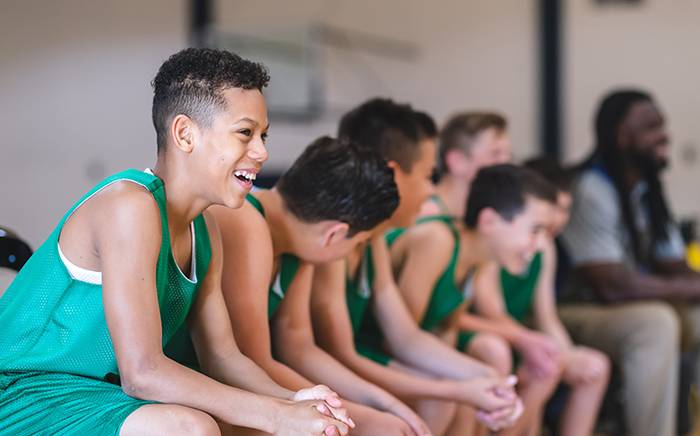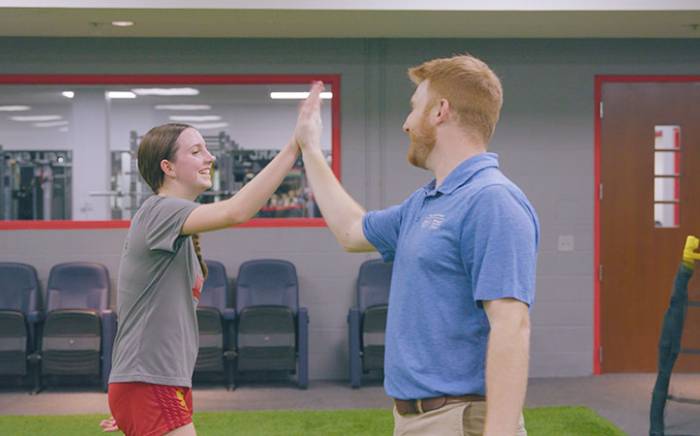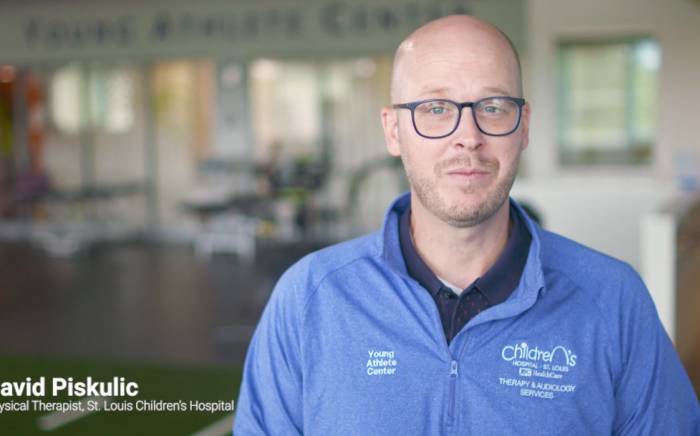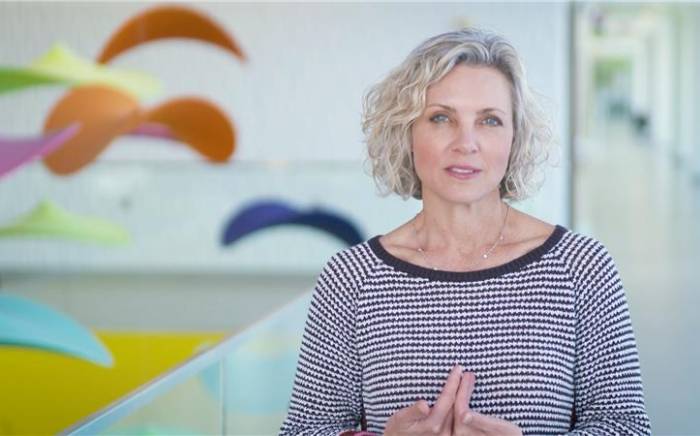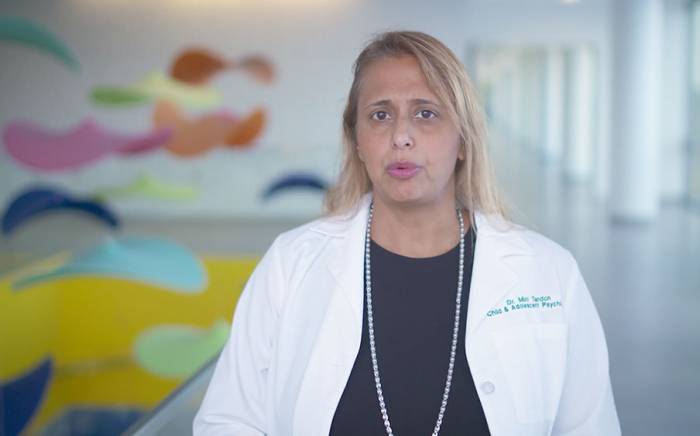It’s no secret that COVID-19 created mental health challenges and concerns for teenagers. Student-athletes face additional, unique demands and stressors. Physical stressors may include injuries. Mental stressors may
include making mistakes in play, meeting a coach’s expectations or being cut from the team. Academic stressors may include maintaining grades for team eligibility.
Each student-athlete may handle these demands or stressors differently. When athletes feel overwhelmed and/or cannot effectively manage stress, they are at increased risk for mental health concerns like anxiety, depression and suicide. The importance of mental health in athletes has been highlighted in recent months after several collegiate athletes died by suicide. Suicide is a difficult topic, but it is too important to ignore.
Know the warning signs
- Talking or writing about wanting to die or kill themselves
- Looking for ways to kill themselves, like searching online or making plans
- Showing overwhelming emotional pain or distress
- Talking about feeling hopeless or having no reason to live
- Feeling like things may never get better
- Talking about feeling trapped
- Talking about being a burden to others
- Showing worrisome changes in behavior
- Increasing the use of alcohol or drugs
- Becoming more anxious or on edge
- Behaving recklessly
- Sleeping too little or too much
- Withdrawing or isolating themselves
- Seeming unusually angry or agitated
STATISTICS
- Suicide is the second-leading cause of death for young people ages 10 to 24.
- Suicide is the third-leading cause of death among student-athletes ages 15 to 24.
- In a 2021 Centers for Disease Control and Prevention (CDC) survey, 40% of teenagers said they felt persistently sad or hopeless.
- In the same 2021 CDC survey, 1 in 5 teenagers said they have had suicidal thoughts.
What you can do if you feel suicidal
- Ask for help.
- Reach out to a trusted adult like a parent, coach or teacher.
- Call/text the 24-hour Suicide & Crisis Lifeline at 988. Calls are confidential.
- Make a safety plan with a trusted adult (Stanley Brown Safety Plan App)
- Talk to your parent(s), doctor or other trusted adult about getting connected with a mental health provider.
What parents and coaches can do to help
- Don’t be afraid to ask if they are OK or if they are having thoughts of suicide.
- Asking about suicide does not cause distress or suicide. Research shows that starting a conversation, providing support and directing people to help can prevent suicide.
- Express your concern about what you observe in their behavior.
- Listen attentively and non-judgmentally.
- Do not dismiss their concerns.
- Any talk about suicide should be taken seriously — do not assume a teen is being dramatic.
- Reflect on what they share and let them know they have been heard.
- Do not try to fix the problem or give them advice.
- Tell them they are not alone.
- Let them know there are treatments available that can help.
- Guide them to professional help.
- Reduce access to means of self-harm.
- Guns in the home should be unloaded, locked and kept out of reach of children & teens. If needed, free gun locks are available through St. Louis Children’s Safety Stop
- Carefully monitor over-the-counter and prescription medications.
- Encourage teens to save crisis resource numbers in their cell phones. The ability to get immediate help for themselves or a friend can make a difference.
What teammates and friends can do to help
It’s normal to feel helpless if a friend mentions suicide, but there is a lot you can do to help.
- Know the warning signs.
- Don’t be afraid to ask if they are OK or if they are having thoughts of suicide.
- Asking about suicide does not cause distress or suicide. Research shows that starting a conversation, providing support and directing people to help can prevent suicide.
- Tell them you are worried and concerned about them.
- Listen attentively and non-judgmentally.
- Do not try to fi x the problem or give advice.
- Do not dismiss their concerns. Any talk about suicide should be taken seriously.
- Tell them they are not alone.
- Let them know there are treatments available that can help.
- Help your friend save crisis resource numbers in their phone. The ability to get immediate help for a friend can make a difference.
- Do not promise to keep suicide a secret.
- Tell a trusted adult about your concerns
Resources for Additional Support
- Suicide and Crisis Lifeline (call or text 988 or chat at 988lifeline.org)
- Stanley Brown Safety Plan App
- BeThe1To – Five steps for communicating with someone who is suicidal
- Youth Suicide Warning Signs
- Substance Abuse and Mental Health Administration


